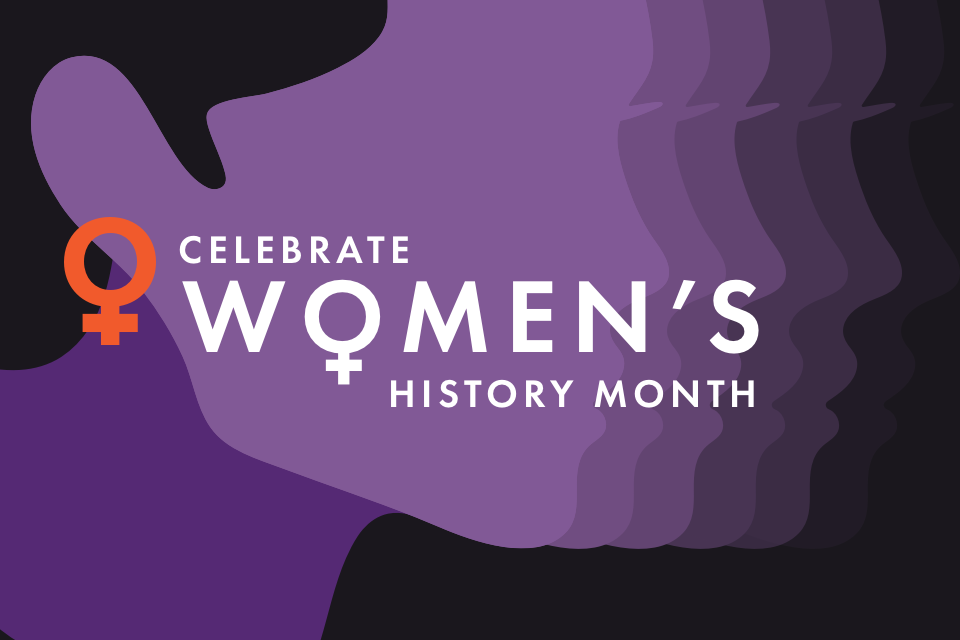By Bonnie Zhu
Black History Month is a time to honor the rich heritage, resilience, and contributions of Black individuals throughout history. Here at VIDA, it is also a time to celebrate Black influences on the fitness industry and our community.
Black Influences in Fitness
Black culture has significantly shaped the fitness industry. Therefore, it’s important to not only recognize the influence of Black individuals and Black, African, and Afro-Caribbean cultures but also to celebrate and honor them while actively addressing racial disparities in the industry. Here are some examples of Black influence on the fitness industry that we want to highlight this month!
Kathy Stanford Grant
Kathy Stanford Grant was a Black woman who was a first-generation Pilates teacher. As a professional dancer, she performed at the Zanzibar Club in Harlem, on Broadway, and worldwide. In 1954, a knee surgery caused her to be referred to Joseph Pilates for rehab. After 2,200 hours of training in Pilates, she became one of only two people to receive a certification from him to teach his work officially.
Grant was the first Black woman to teach Pilates when she began in 1957. In 1988, she started teaching Pilates at the Tisch School of the Arts at New York University, where she continued to teach until she died in 2010.
Black Music and Dance
Black influence is deeply embedded in fitness class settings, particularly through music. Hip-hop, which originated in the Bronx during the 1970s, has grown into a global phenomenon and dominates fitness playlists. Similar can be said about R&B, a genre first defined in the 1940s by record companies for music marketed to Black communities. Afrobeat, another genre often used in fitness classes, originated in Nigeria and is a combination of West African music and Black American funk, jazz, and soul.
At the same time, Black influence on dance is widespread, multifaceted, and often found in fitness classes. Dance forms like tap and jazz are deeply rooted in Black American culture and history. Afro-Caribbean dance styles have also inspired popular fitness trends like Zumba.
Celebrate Black History Month with us by joining a themed group class highlighting Black music and dance! Take a look at our group class schedule at your location here.
Black Influence in Our Community
For every limited-edition VIDA Black History Month t-shirt sold this February, we’ll donate $5 to the Greater Washington Urban League (GWUL). GWUL is a nonprofit committed to advancing civil rights, economic empowerment, and equity for Black and historically marginalized communities. Visit the gear shop at any VIDA location to grab yours and contribute to breaking barriers, supporting families in need, and fostering lasting change.









